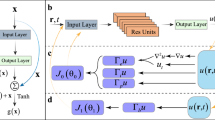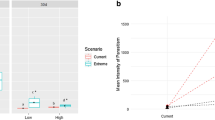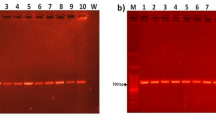Abstract
THE following problem is of central importance in the theory of statistical estimation : k unknown parameters are to be estimated from a sample S consisting of n independent observations from the same parent population; how far can the information in S, relevant to the estimation of the k parameters, be confined to k degrees of freedom? Fisher1 has shown that a complete solution is possible if a set of k sufficient or of k quasi-sufficient statistics can be found, and it is known (from the work of Segal2, further discussed by Bartlett3) that a simultaneous fiducial distribution will then exist, though it may not be complete in the sense of Bartlett. The most general parent population admitting a set of sufficient statistics has been determined by Koopman4, but the parallel problem for quasi-sufficiency (Fisher's “Problem of the Nile“) is still unsolved.
This is a preview of subscription content, access via your institution
Access options
Subscribe to this journal
Receive 51 print issues and online access
$199.00 per year
only $3.90 per issue
Buy this article
- Purchase on SpringerLink
- Instant access to full article PDF
Prices may be subject to local taxes which are calculated during checkout
Similar content being viewed by others
References
Fisher, R. A., Proc. Roy. Soc., A, 144, 285 (1934).
Segal, I. E., Proc. Camb. Phil. Soc., 34, 41 (1938).
Bartlett, M. S., Ann. Math. Stat., 10, 129 (1939).
Koopman, B. O., Trans. Amer. Math. Soc., 39, 399 (1936). Darmois, G., C.R., 222, 164 and 266 (1946), and Féraud, L., ibid., 1272, should also be consulted.
Author information
Authors and Affiliations
Rights and permissions
About this article
Cite this article
KENDALL, D. Fisher's “Problem of the Nile”. Nature 158, 452–453 (1946). https://doi.org/10.1038/158452d0
Issue date:
DOI: https://doi.org/10.1038/158452d0



